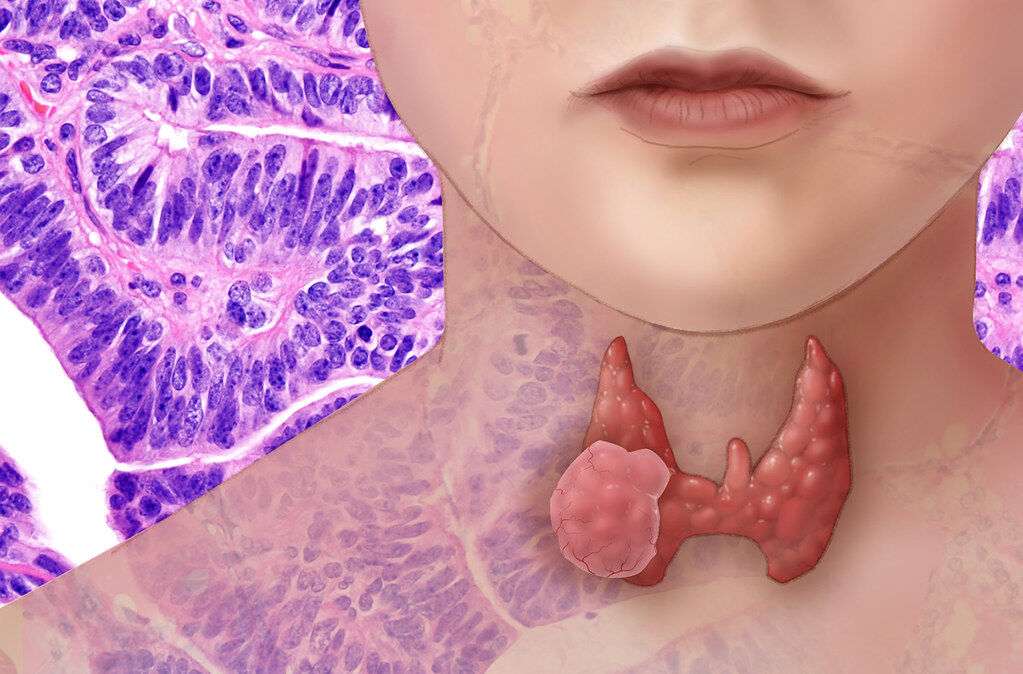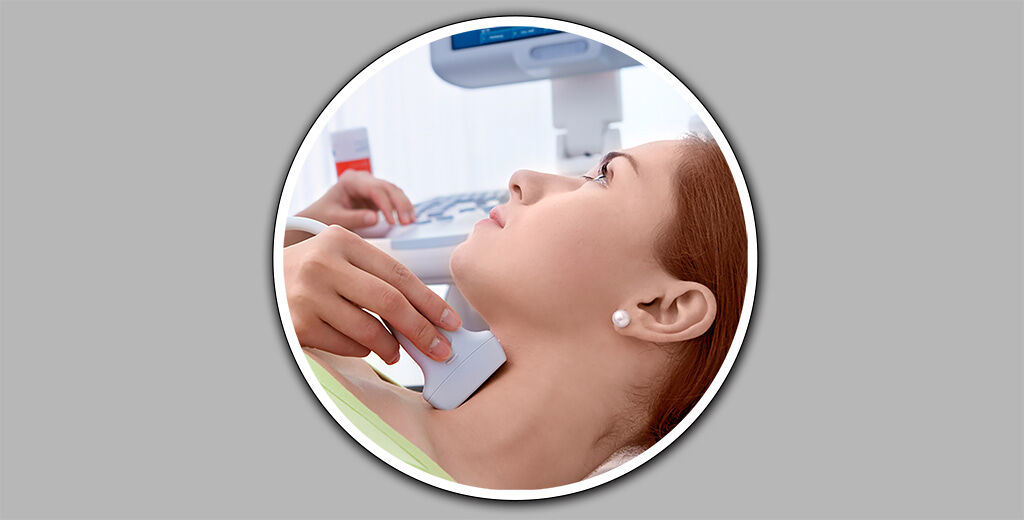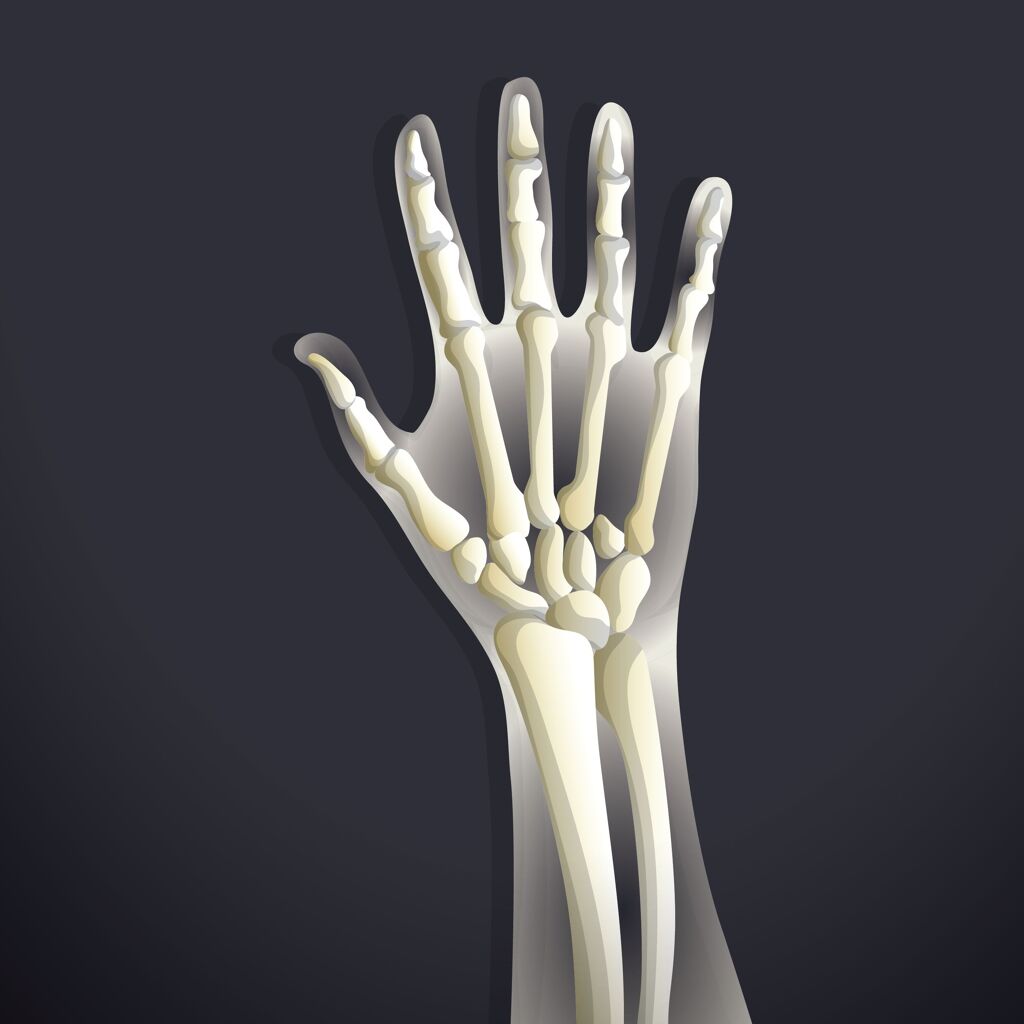The Thyroid Series- Intro and Thyroid Health Solutions

Thyroid Series of blog articles: Welcome!!!
This is the first of our series, in which we introduce the thyroid, its function, what can go wrong and what are the various conditions of thyroid disease. In subsequent articles, we will look at the various conditions of the thyroid and how to address each one. We hope you will stay with us and read through the whole series week by week.
What is the THYROID?
The thyroid is a butterfly-shaped endocrine gland that sits at the front of the neck. It is located below the Adam’s apple, along the front of the windpipe.
The thyroid controls metabolism, the rate at which the body produces energy from nutrients and oxygen (The Endocrine Society, 2019). It affects critical body functions, such as energy level and heart rate (American Thyroid Association, 2020).
The thyroid secretes several hormones, collectively called thyroid hormones. These hormones influence every cell, tissue and organ in the body. Thyroid hormones regulate multiple functions in the body; the way the body uses energy, consumes oxygen and produces heat (The Endocrine Society, 2019).
Thyroid disorders are fairly common (American Thyroid Association, 2020):
- More than 12% of the US population will develop a thyroid condition during their lifetime
- Women are 5 – 8 times more likely than men to have thyroid problems
- One woman in eight will develop a thyroid disorder during her lifetime
- Up to 60% of those with thyroid disease are unaware they have it
Most thyroid diseases are life-long conditions that can be managed with medical attention and/or diet and lifestyle habits.
We will give you the information on how to manage a thyroid condition through diet and lifestyle in our individual articles on each type of thyroid condition. Please continue following our blog to get our advice! Or call us for a free discovery call today.
How does the Thyroid Work? What does it Do?
The thyroid makes thyroid hormones. It uses iodine to make thyroid hormones (Shahid MA, 2020). Thyroid hormones are essential for proper metabolic activity and have multiple effects on every organ system in the body.
The main hormones produced by the thyroid gland are (Shahid MA, 2020):
- T4 (thyroxine)
- T3 (3,5,3′-triiodothyronine) -> a small amount is made in the thyroid gland and more is produced elsewhere, T4 is converted to T3 in other tissues like the liver and gut
- RT3 (reverse 3,5,3′-triiodothyronine)
- These thyroid hormones are controlled by TSH (thyroid stimulating hormone) from the pituitary gland.
SYMPTOMS of Thyroid Disorders
Because the thyroid is so critical to metabolism and affects every cell of the body, symptoms of thyroid disorders are so varied.
Common Symptoms of Thyroid Disorders include:
- Weight problems (either too much weight or too little)
- Temperature abnormalities
- Fatigue, weakness or nervousness and anxiety
- Constipation or diarrhea
- Dry skin
- Hair loss
- Fast or slow heart rate
- See our article here for more on thyroid symptoms.
What goes wrong?
The most common thyroid problems involve abnormal production of thyroid hormones. If the thyroid produces too little thyroid hormones, this condition is called hypothyroidism. Producing too much thyroid hormone results in a condition known as hyperthyroidism. There can be an issue with the conversion from T4 to T3, which would cause low T3. Thyroid hormone receptor sites can get blocked which would create the same effect. Other thyroid disorders can range from a small, harmless goiter or enlarged gland that needs no treatment to thyroid cancer.
To Read About Blog Topic, Scroll Down
Want To Work With Our Clinic?
Do you have a chronic or mystery illness that no one has been able to help you with? Are you simply wanting to re-connect with a healthier version of yourself? It’s Time To Finally Feel Better!
COMMON CAUSES of Thyroid Disorders are:
- Nutrient deficiencies, mainly iodine, but may also be zinc, iron, vitamin D or selenium (Fröhlich E, 2019)
- Autoimmune diseases, leading either to Grave’s disease (hyperthyroidism) or Hashimoto’s disease (hypothyroidism) (Fröhlich E, 2019)
- Inflammation of the thyroid, caused by a virus or bacteria (including chronic viral infections like Epstein Barr Virus)
- Nodules, or non-cancerous lumps, inside the thyroid
- Cancerous tumors on the thyroid gland
- Occasionally, preganancy can cause thyroid problems to start or get worse
In Functional Medicine, we like to identify the root causes of a health problem. There are other underlying causes which can lead to or contribute greatly to a thyroid disorder.
Lesser Known ROOT CAUSES of Thyroid Disorders:
- Gut function
- Leaky gut
- Helicobacter pylori (H pylori)
- Small Intestinal Bacterial Overgrowth (SIBO)
- T4 -> T3 conversion
- Toxin overload
- Epstein-Barr Virus (EBV) or other chronic viral infections
- Estrogen dominance and other hormonal imbalances
- Stress / HPA axis dysfunction
- Diet
- Gluten
- Parietal cell antibodies
We will give you ideas on how to address the causes of thyroid dysfunction in future articles when we discuss each thyroid condition separately. Or you can contact us now for a free discovery call to discuss your thyroid issues.
CONDITIONS of the Thyroid
There are different kinds of thyroid disorders. One person’s case can be quite mild while others can be more severe and even life-threatening, as in the case of thyroid cancer.
Conditions include:
- Hypothyroidism
- Hashimoto’s thyroiditis
- Hyperthyroidism
- Grave’s disease
- Thyroid inflammation (thyroiditis)
- Thyroid enlargement (goiter)
- Thyroid nodules
- Thyroid cancer
TESTING & Diagnosing Thyroid Disorders
Undiagnosed thyroid disease can put patients at risk for other conditions, such as cardiovascular diseases, osteoporosis and infertility. Conventional medicine can have a narrow view in how it looks at thyroid health. Often doctors generally test for TSH and do not look at other thyroid markers. Interpretation is also different from how we look at the thyroid in Functional Medicine.
In FM, we test more thyroid markers and interpret the tests more precisely in order to accurately identify and diagnose thyroid disorders. You can read more here about which lab tests we run for thyroid disorders.
In our clinical experience, we also find that it is important to test for anti-parietal cell antibodies. Anti-parietal cell antibodies (PC-Ab) are a marker for the development of autoimmune gastritis. Having one AI disease, like an AI thyroid disease, is associated with developing other AI disorders (Twito O, 2018). The presence of PC-Ab in patients with AI thyroid disease is a predictor of autoimmune gastritis (Twito O, 2018). The prevalence of PC-Ab in patients with AI thyroid disease is 20–29% (Twito O, 2018). One study specifically showed a 28.3% prevalence of PC-Ab in people with AI thyroid disease (Twito O, 2018). Autoimmune gastritis is serious and can lead to vitamin B12 deficiency, iron deficiency anemia and, in rare cases, gastric tumors (Twito O, 2018).
Be sure that any practitioner you are working with from a functional perspective on thyroid issues will assess for root causes including: gut, chronic infections and toxins. Also be sure they will test for parietal cell antibodies as we find clearing this condition to be key for full symptom resolution.
** Please check our blog next week to read our next article in the Thyroid Series on **
Hypothyroidism & Solutions using Functional Medicine
Are You Suffering From A Chronic Illness?
Does your current health situation look like this…
- Do you feel that you have tried many things and either nothing works, or the treatment does not hold?
- Have you been told that there is nothing that can be done to reverse your illness and you just need to manage symptoms?
- Does your illness impact your work, your family, your happiness and your social life?
We specialize in finding answers and solutions for complicated chronic illness when people feel like they have tried everything. If this sounds like you, book a free call with us to see if we are the right fit for your health goals.
Dr. Miles has spoken for the following organizations:
















Responses